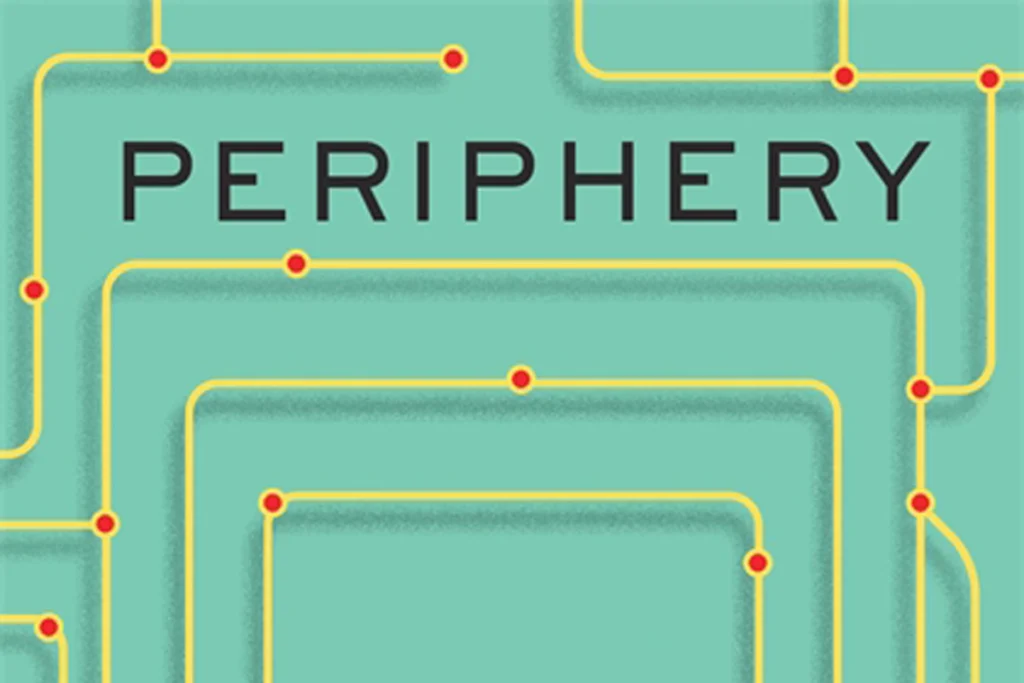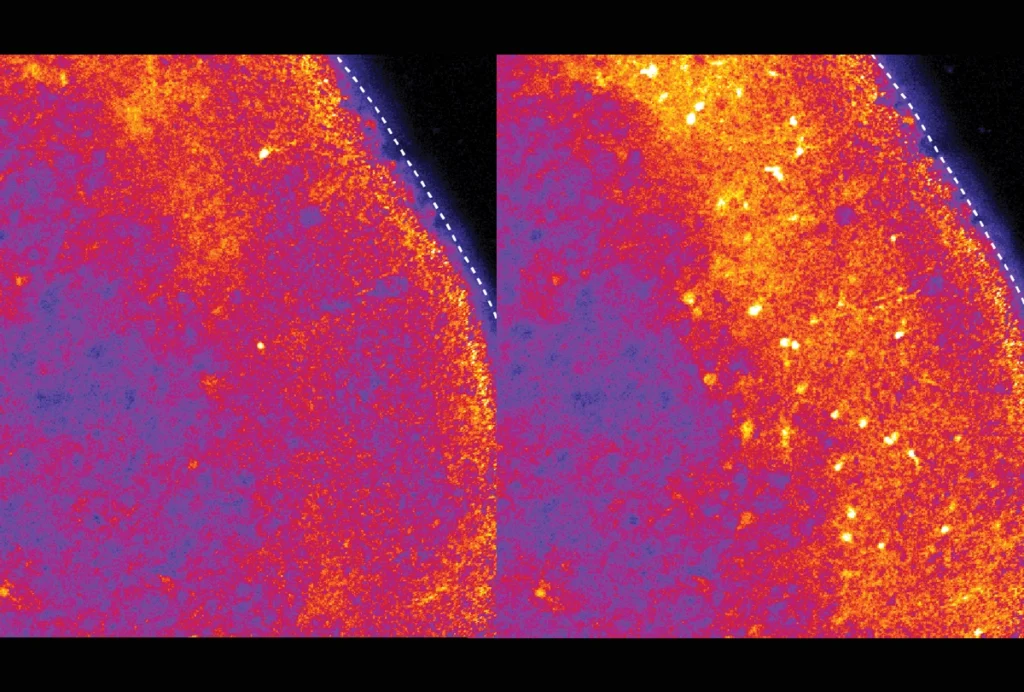Cory Miller is assistant professor of psychology at the University of California, San Diego.

Cory Miller
Assistant professor of psychology
University of California, San Diego
From this contributor
Why monkey researchers are seeking the spotlight: Q&A with Cory Miller
For decades, many researchers who study nonhuman primates kept quiet about their work, concerned about the extreme actions taken by some animal welfare activists. But a growing number are speaking more openly about the importance of their work in an attempt to take back the narrative.

Why monkey researchers are seeking the spotlight: Q&A with Cory Miller
Explore more from The Transmitter
‘These are not alternative careers’: More neuroscience Ph.D. programs start to facilitate industry internships
The opportunities cater to students interested in careers outside the ivory tower.

‘These are not alternative careers’: More neuroscience Ph.D. programs start to facilitate industry internships
The opportunities cater to students interested in careers outside the ivory tower.
The question of regeneration—an excerpt from ‘Periphery: How Your Nervous System Predicts and Protects Against Disease’
In his recent book, Moses Chao makes the case that the peripheral nervous system can warn of future illnesses.

The question of regeneration—an excerpt from ‘Periphery: How Your Nervous System Predicts and Protects Against Disease’
In his recent book, Moses Chao makes the case that the peripheral nervous system can warn of future illnesses.
RNA drug corrects calcium signaling in chimeric model of Timothy syndrome
The drug, tested in rats that have human neurons, could enter clinical testing as early as next year, researchers say.

RNA drug corrects calcium signaling in chimeric model of Timothy syndrome
The drug, tested in rats that have human neurons, could enter clinical testing as early as next year, researchers say.